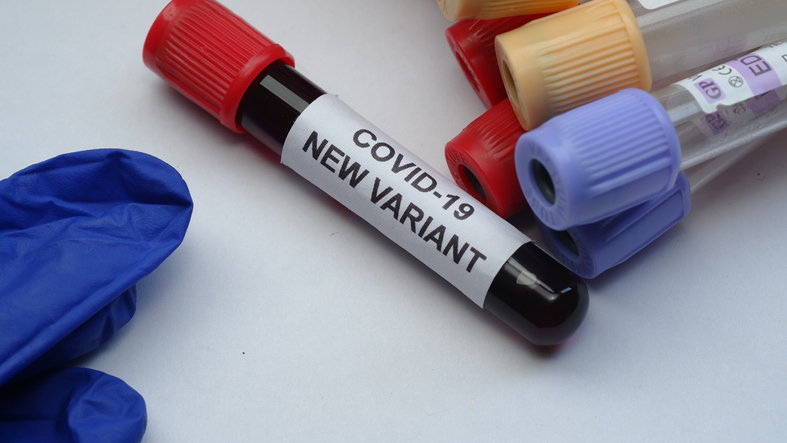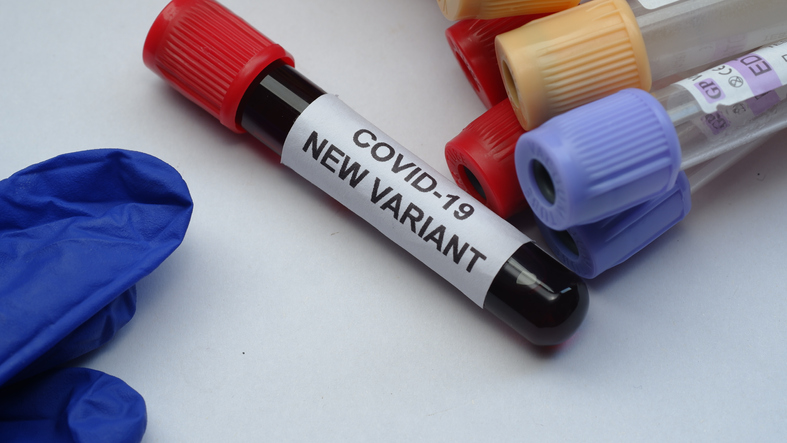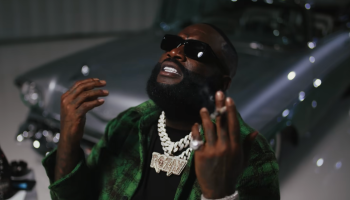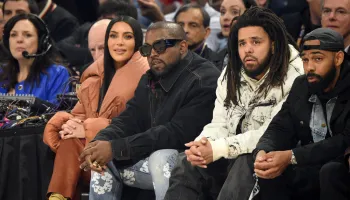
Source: wisely / Getty
As COVID-19 case numbers across the country begin to climb again, the federal government has given the go-ahead for two new boosters for the fall months.
According to reports, the Food and Drug Administration approved two new reformulated vaccine shots for COVID-19 from Pfizer-BioNTech and Moderna. The Centers for Disease Control and Prevention could guide eligibility and the distribution of the shots as early as Tuesday (Sept. 12) after a meeting of the Advisory Committee on Immunization Practices. If the green light is given, CDC Director Dr. Mandy Cohen could sign off to let vaccinations begin immediately.
These new mRNA vaccine shots differ from the most recent booster, which was released last fall to combat the Omicron variant of COVID-19. That shot was bivalent, protecting individuals against the original version as well as the BA.4 and BA.5 variants comprising Omicron. The new ones will be monovalent, specifically crafted for protection against the XBB.1.5 variant. That variant, an offshoot of Omicron, appeared earlier this year but has given way to a newer dominant variant, EG.5.
Medical experts state that the new booster shots would protect against the EG.5 variant and other recently developed strains such as the BA.2.86, which has been showing up recently. There is also consideration for a third booster shot from Novovax, which would differ from these other two as it is protein-based and works differently. The new shots are focused solely on the new variants and don’t have full protection against the original version of COVID-19.
“Our immune system, when we have seen something, is biased to seeing that again,” Columbia University Dr. David Ho said. “So if you include the original components, the immune system will react mostly to the original component and not to the new version of the virus.”
Once approved, drugstore chains such as Walgreens and CVS are ready to make the boosters available to the public. This time around, the cost of the shots will be negotiated by government groups such as Medicare and private insurance companies. Those with private or public health insurance should have no obstacles to getting a booster if the provider is in their network. For those uninsured, there is a “bridge” program that might help get them to get vaccinated for free until next year.
















